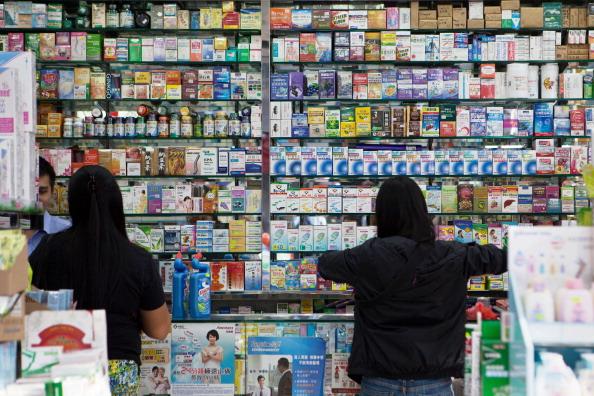Going to the hospital in China is often a distressing affair. Despite efforts by government regulators, ordinary Chinese have been paying ever greater sums for prescription drugs, a phenomenon brought about by widespread, multi-faceted corruption in the medical system.
As reported by state media Xinhua News Agency on March 9, ninety percent of all Chinese prescription drugs are overpriced, said Wei Feiyan, president of a southern Chinese pharmaceutical company.
According to Wei, there “wouldn’t be a problem” if drug costs were lowered by half or more.
Zhang Fuwei, deputy director of a hospital in Guangxi, said that kickbacks in pharmaceutical companies contributed to the high prices in medicine. The higher the price of a product, the more kickback.



